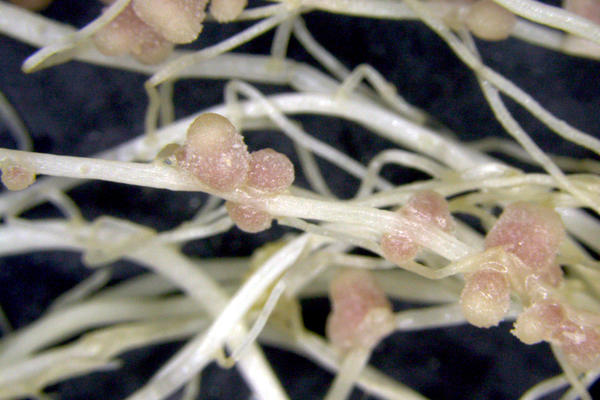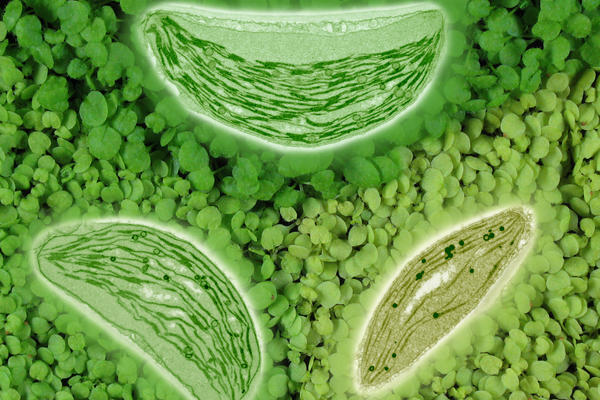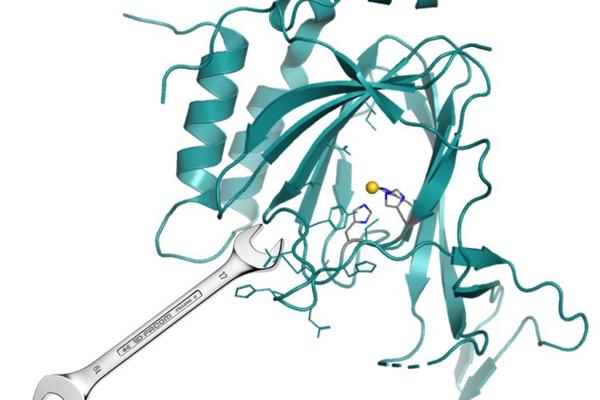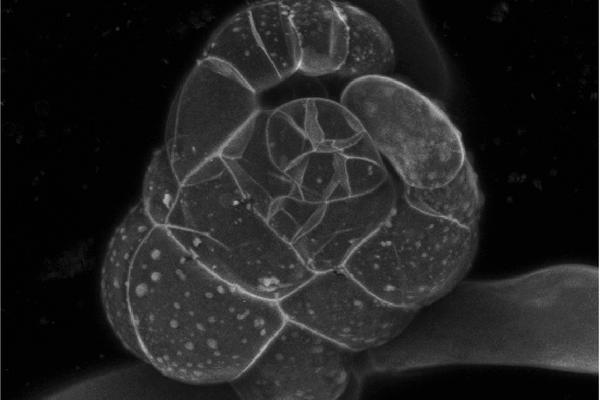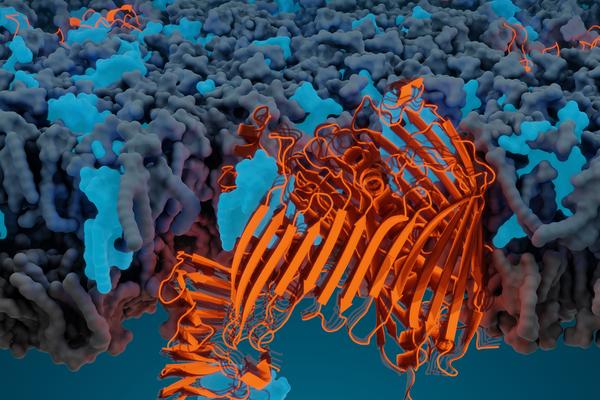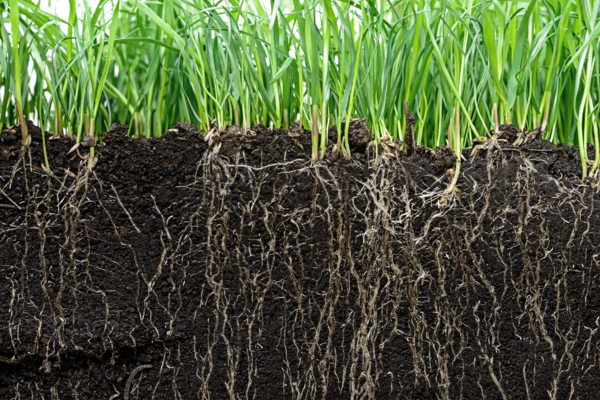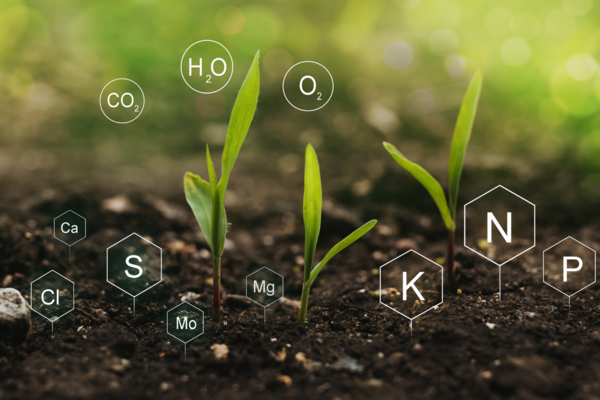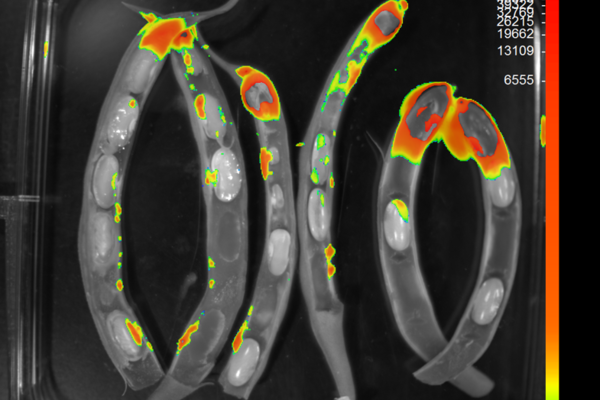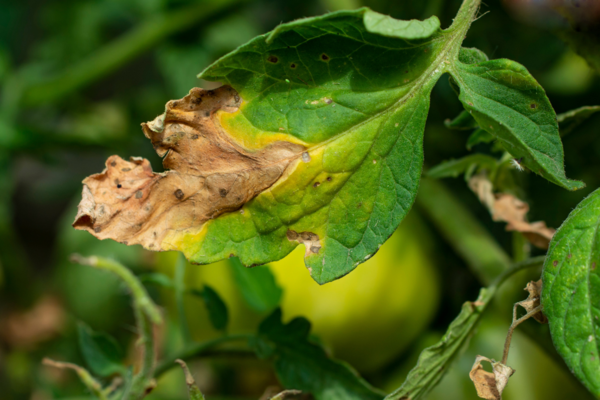Molecular Plant Biology
Plants are at the base of almost all the Earth’s food webs, providing carbon and energy derived from photosynthesis to all other living organisms. Their ability to harvest light energy using chlorophyll and assimilate carbon dioxide into sugars is a process that provides energy to sustain all organisms in the world.
Plants show remarkable adaptations to light, heat, drought and stress, allowing them to colonise almost all available habitats on our planet: from the oceans to most of the Earth’s land surface. Plants exhibit enormous diversity from single-celled algae to ferns and complex seed plants; including the conifers and flowering plants.
To determine how plants underpin the global ecosystem we need to understand the fundamental physiology of their germination, growth and reproduction. For complex land plants this means growth from spores or seeds to eventually forming mature plants, or the production of flowers by the flowering plants.
The study of plants spans most disciplines of biology, from systematics to genetics, cell biology and biochemistry. In Molecular Plant Biology we study how plants function at the cellular level and how cellular mechanisms evolved. Work in these areas is crucial to:
- Understanding the regulation of photosynthesis, plant metabolism and other underlying plant growth mechanisms
- Mapping the diversity of plants, which is key to understanding plant evolution and conservation
- Determining how plants respond to stress and the impact of climate change
- Unravelling how plants respond to microbial pathogens
- Understanding how plants roots absorb nutrients
- Understanding the regulation of plant growth, which contributes to food security for a rapidly growing world
Find out about this Section in our publications and recent news.
Professor Lars Østergaard | Section Head

“Plants are fundamental to the Earth, underpinning all complex life forms and human civilisation. They give us the oxygen we breathe the food we eat, most of the fibres we clothe ourselves in, and are the main players in the carbon cycle, trapping and releasing carbon dioxide. Plants are both the engine and lungs of our planet, and understanding their fundamental biology is essential to humankind”
Lars Østergaard

